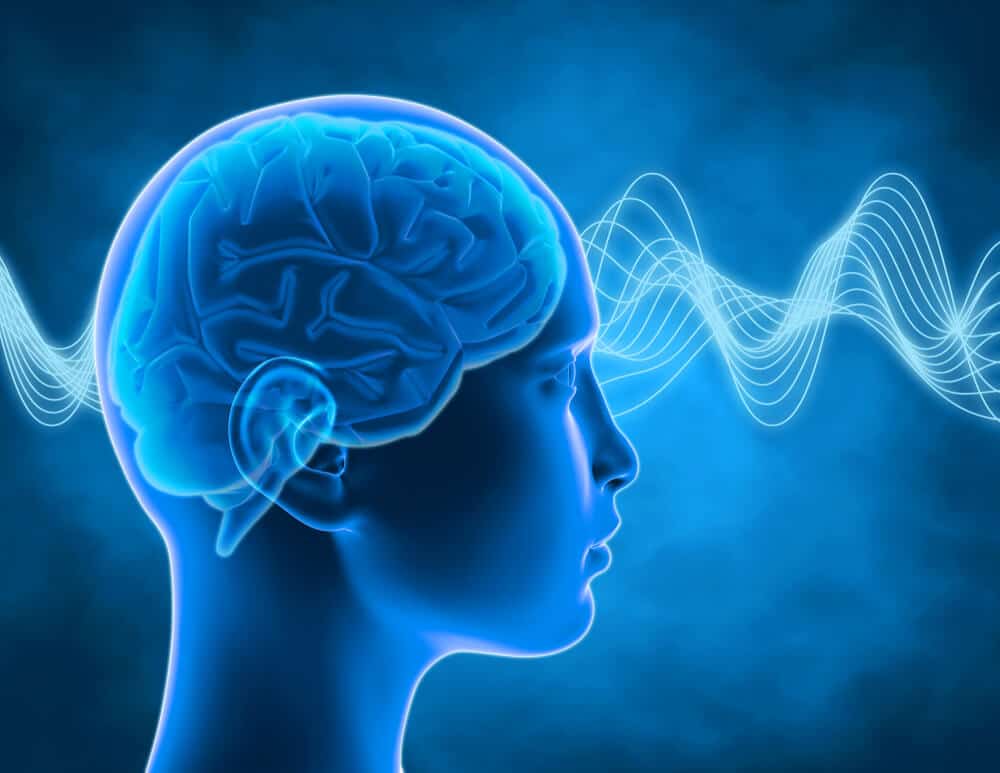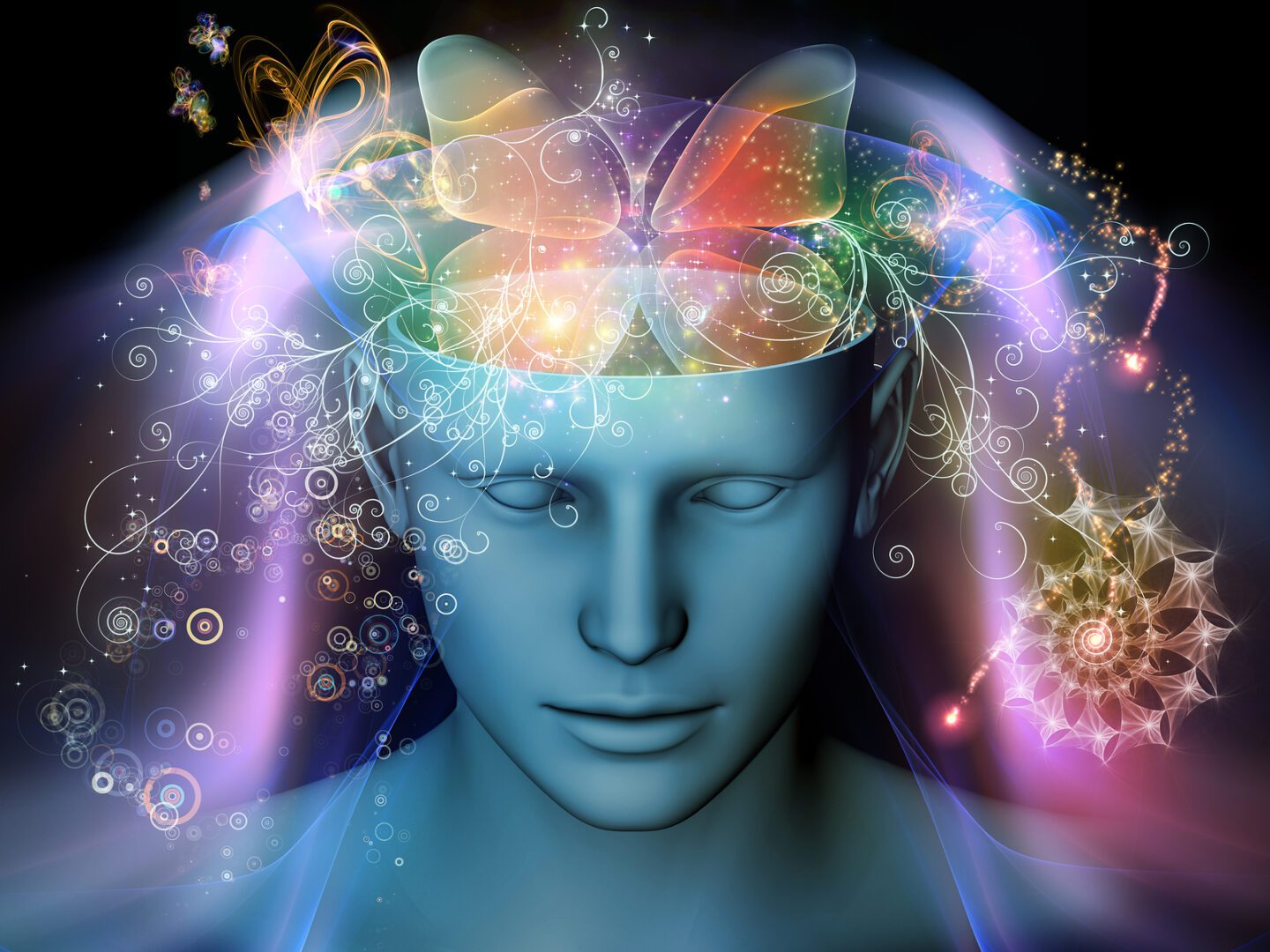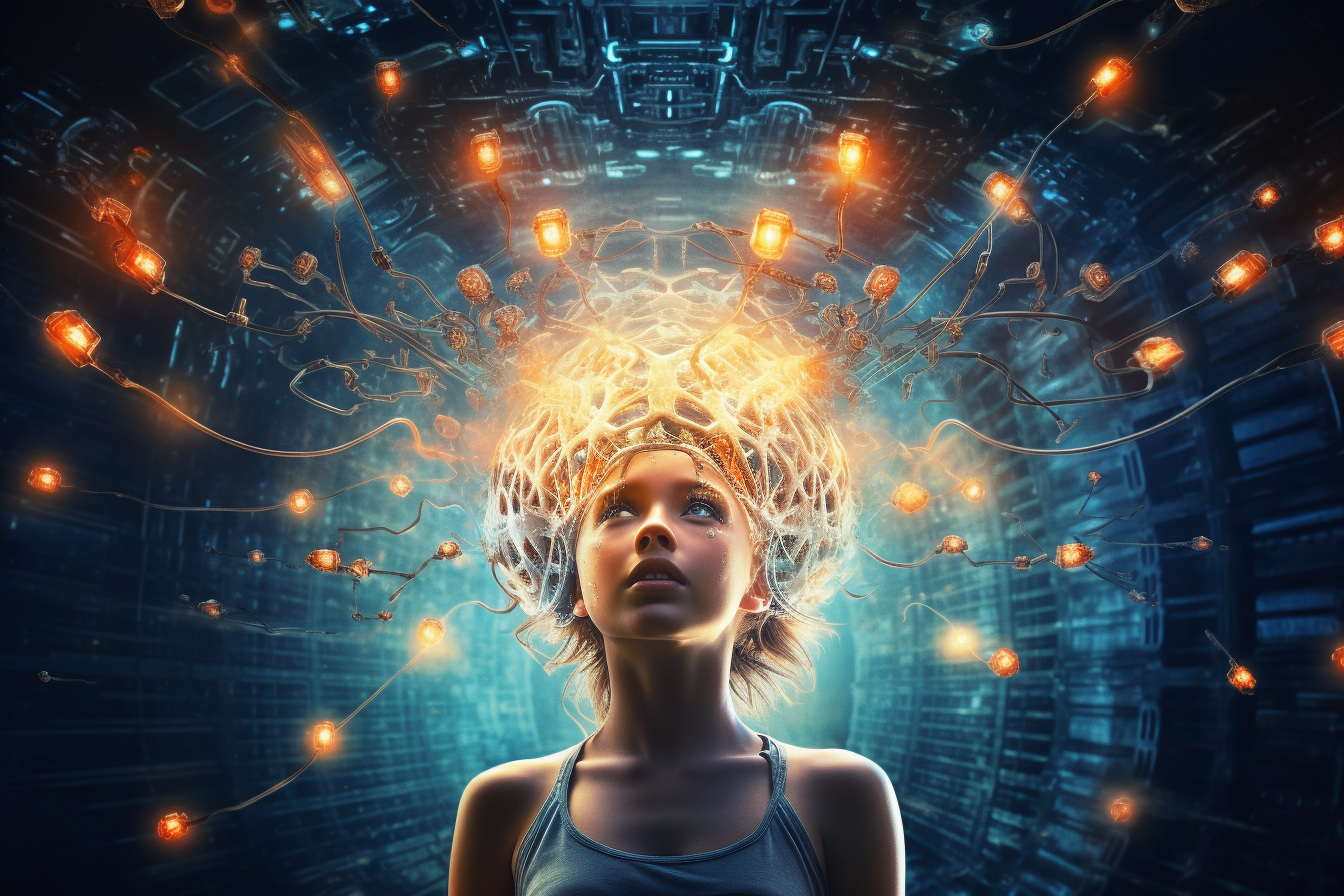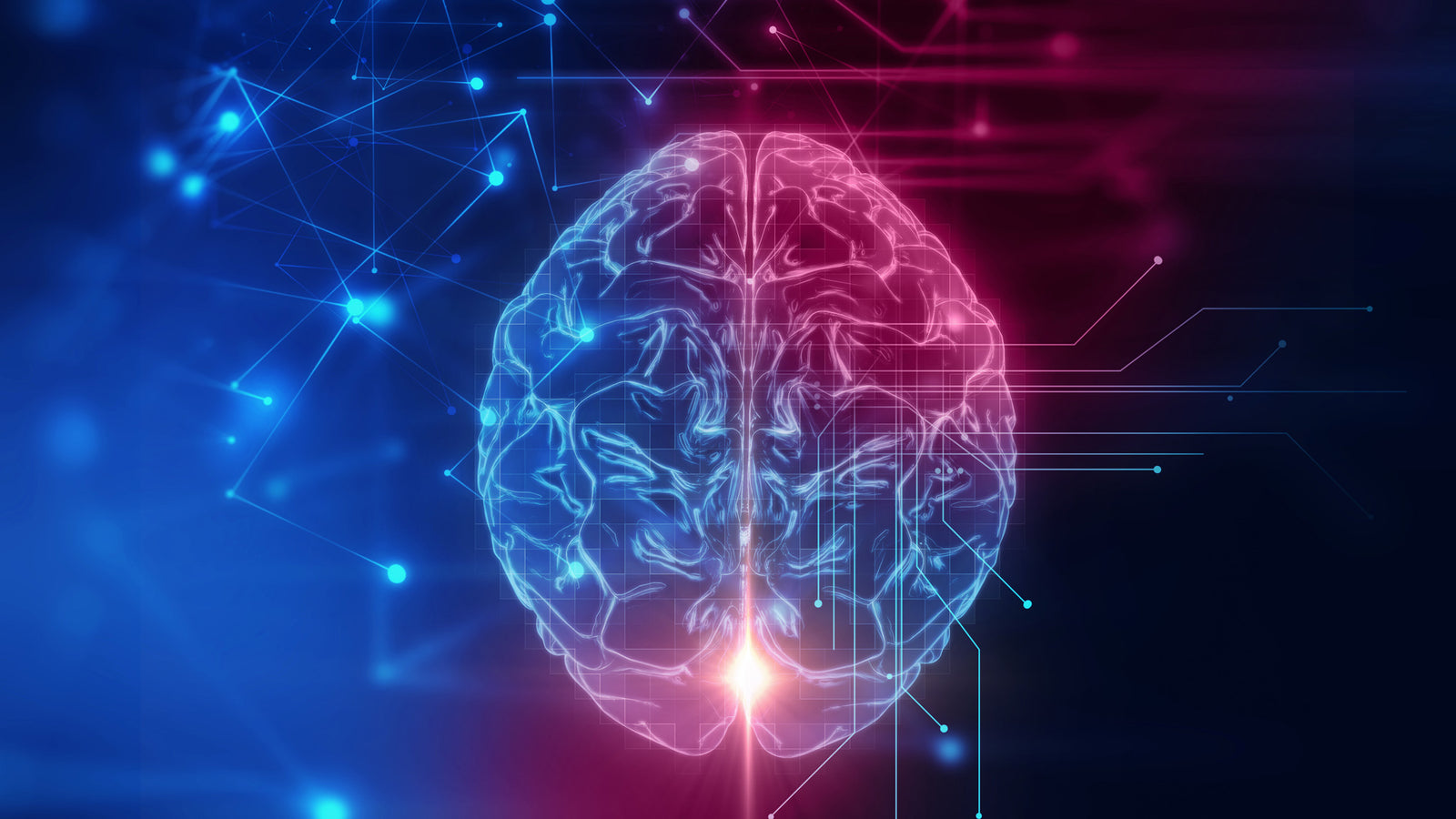Unveiling the Power Within: A Journey into the Depths of Brain Potential
Introduction:
The human brain, with its astonishing complexity and unfathomable potential, remains one of the most intriguing frontiers of scientific exploration. Across centuries, researchers and thinkers have marveled at its abilities, seeking to understand the inner workings that govern our thoughts, emotions, and actions. In this article, we embark on a voyage into the depths of brain power, unraveling its mysteries, exploring its capacities, and pondering the implications of its untapped potential.
The Marvels of Brain Anatomy:
At the heart of the brain's power lies its intricate anatomy, a labyrinth of neurons, synapses, and neurotransmitters. With billions of neurons interconnected in a vast network, the brain forms the foundation of all cognitive processes. Each neuron communicates with others through electrochemical signals, creating the complex circuits responsible for our perceptions, memories, and behaviors.
One of the brain's most remarkable features is its plasticity—the ability to adapt and reorganize in response to experiences and stimuli. This plasticity enables learning, memory formation, and recovery from injury, highlighting the dynamic nature of the brain's structure and function.
Unlocking Cognitive Potentials:
While the brain's innate abilities are awe-inspiring, many of its capacities remain dormant or underutilized. However, through deliberate practice, education, and lifestyle choices, individuals can unlock hidden potentials and enhance various aspects of brain function.
Cognitive training programs, such as brain games and puzzles, have gained popularity for their purported ability to sharpen mental acuity and improve cognitive skills. While the efficacy of such programs is debated, research suggests that engaging in intellectually stimulating activities can support brain health and cognitive performance.
Moreover, lifestyle factors, including diet, exercise, and sleep, play crucial roles in optimizing brain function. Regular physical activity has been linked to enhanced cognitive abilities, neurogenesis, and neuroplasticity, while a balanced diet rich in nutrients supports brain health and resilience. Adequate sleep is equally essential, facilitating memory consolidation, emotional regulation, and overall cognitive well-being.
Harnessing the Power of Mindfulness:
In recent years, mindfulness practices have gained attention for their profound effects on brain function and mental well-being. Rooted in ancient contemplative traditions, mindfulness involves cultivating present-moment awareness and nonjudgmental acceptance of one's experiences.
Neuroscientific research has elucidated the neural mechanisms underlying mindfulness, revealing its potential to modulate brain activity and promote neuroplasticity. Studies have shown that regular mindfulness practice can lead to structural and functional changes in brain regions associated with attention, emotion regulation, and stress resilience.
Furthermore, mindfulness-based interventions have demonstrated efficacy in reducing symptoms of anxiety, depression, and chronic pain, highlighting the therapeutic benefits of cultivating mindfulness skills.
Exploring Extraordinary Abilities:
Beyond the realm of conventional cognition lie extraordinary abilities that challenge our understanding of the brain's potential. From savants with exceptional mathematical or artistic talents to individuals with prodigious memory or sensory perception, these extraordinary feats offer glimpses into the boundless capabilities of the human mind.
Synesthesia, a phenomenon in which stimulation of one sensory modality triggers experiences in another, provides insights into the cross-modal processing mechanisms of the brain. By blurring the boundaries between senses, synesthesia offers a window into the neural underpinnings of perception and consciousness.
Similarly, acquired savant syndrome, observed in individuals who develop remarkable abilities following brain injury or trauma, underscores the brain's capacity for radical transformation and adaptation. These cases challenge traditional views of brain function and raise intriguing questions about the latent potentials within each of us.
The Promise of Neurotechnology:
In the age of technological advancement, researchers are harnessing cutting-edge tools and techniques to unlock the brain's mysteries and enhance its capabilities. Brain-computer interfaces (BCIs), which enable direct communication between the brain and external devices, hold promise for restoring lost sensory or motor functions in individuals with neurological disorders.
Neurostimulation techniques, such as transcranial magnetic stimulation (TMS) and transcranial direct current stimulation (tDCS), offer non-invasive methods for modulating brain activity and enhancing cognitive function. These approaches show potential for treating neuropsychiatric conditions, enhancing learning and memory, and augmenting human performance.
Furthermore, advancements in neuroimaging technologies, such as functional magnetic resonance imaging (fMRI) and magnetoencephalography (MEG), enable researchers to map brain activity with unprecedented precision, unraveling the neural correlates of cognition, emotion, and behavior.
Exploring the Frontiers of Brain Research:
As our understanding of the brain continues to evolve, researchers are delving into new frontiers of inquiry, pushing the boundaries of knowledge and discovery. One area of growing interest is the study of neural networks and their role in shaping cognition and behavior. Through advanced computational models and neural network simulations, scientists are unraveling the complex dynamics of brain activity, shedding light on how information is processed and represented within the brain.
Moreover, the burgeoning field of connectomics seeks to map the intricate connections between neurons at unprecedented scales. By charting the brain's neural architecture in intricate detail, researchers aim to uncover the organizational principles that underlie cognitive function and dysfunction. These efforts hold promise for elucidating the neural basis of complex phenomena such as consciousness, decision-making, and social cognition.
In parallel, interdisciplinary collaborations between neuroscience, artificial intelligence, and robotics are yielding novel insights into the principles of intelligence and cognition. By integrating principles from neuroscience with advances in machine learning and robotics, researchers are developing brain-inspired algorithms and artificial neural networks capable of performing complex tasks with human-like efficiency and flexibility.
Ethical Considerations and Societal Implications:
As we harness the power of brain research to unlock new potentials and address pressing societal challenges, it is essential to consider the ethical implications of our endeavors. The manipulation of brain function, whether through neuroenhancement techniques or invasive neurotechnologies, raises profound ethical questions about autonomy, privacy, and equity.
Furthermore, the growing convergence of neuroscience with fields such as artificial intelligence, biotechnology, and neuroinformatics raises concerns about the responsible use of emerging technologies. Issues surrounding data privacy, informed consent, and equitable access to neurotechnologies must be carefully addressed to ensure that the benefits of brain research are equitably distributed and that potential risks are mitigated.
Additionally, societal attitudes and cultural perceptions of brain function and mental health play a significant role in shaping public discourse and policy responses. Stigmatization of neurological and psychiatric disorders can impede access to treatment and support services, perpetuating disparities in mental healthcare. Efforts to promote mental health literacy, reduce stigma, and foster inclusivity are essential for building a more compassionate and supportive society.
Conclusion:
In conclusion, the exploration of brain power represents a journey of discovery and transformation, fueled by curiosity, innovation, and collaboration. From the marvels of brain anatomy to the frontiers of neuroscience research, our understanding of the brain is expanding at an unprecedented pace, illuminating the intricate workings of the mind and paving the way for new possibilities.
As we navigate the complexities of brain science and grapple with the ethical and societal implications of our discoveries, it is imperative that we approach this endeavor with humility, empathy, and a commitment to responsible stewardship. By embracing the diversity of human experience, promoting scientific literacy, and fostering dialogue across disciplines and perspectives, we can harness the power of the brain to build a more resilient, equitable, and compassionate world for generations to come.



































